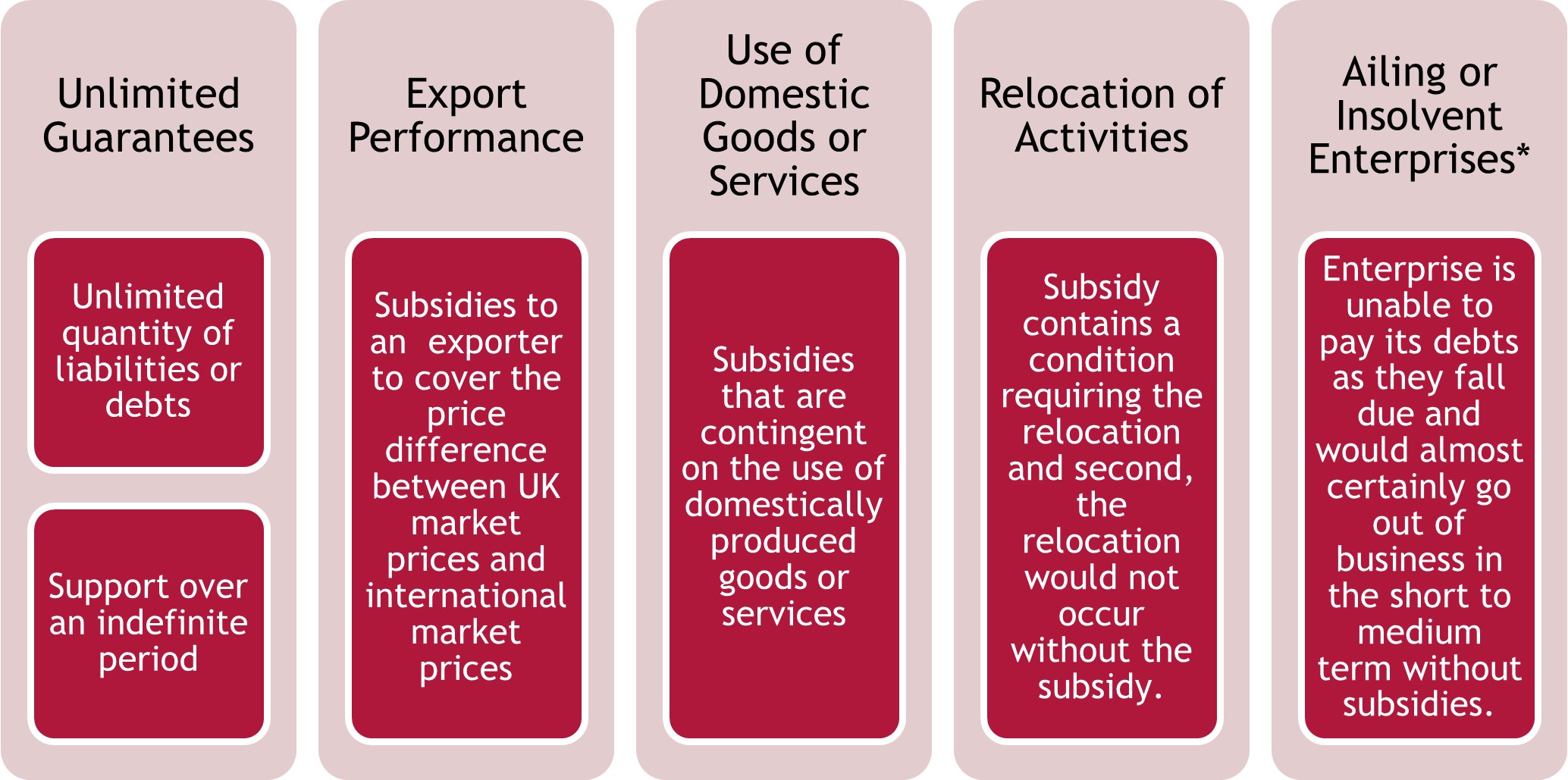Following Brexit, attention turned to what would happen to EU State Aid rules and how local authorities would continue to provide financial assistance to enterprises. The old rules ceased to apply to UK authorities on 1st January 2021 and after an interim period the Subsidy Control Act 2022 came into effect on 4th January 2023; this sets out the framework under which local authorities should award subsidies going forward.
The official definition of a subsidy is where a public authority – for example central, devolved, or local government – provides support to an enterprise that gives them an economic advantage, meaning equivalent support could not have been obtained on commercial terms. Therefore, charging a market rate of interest to an enterprise will ensure that no subsidy has been given. The question should be ‘would a private investor lend money to the company on similar terms?’. If the answer to the question is yes, then you can be sure that no subsidy has been given.
However, in some cases, it may be preferrable or even necessary to provide financial assistance on terms that would be considered a subsidy.
The Four-Limbed Test:
To determine whether financial assistance is considered a subsidy, local authorities should use the “Four-Limbed Test”:

Subsidy Control Principles:
Any subsidy awarded must be consistent with the seven principles set out by the Subsidy Control Act. The principles afford local authorities an appropriate degree of discretion, however assessing compliance with the principles should be carried out alongside the business case for the subsidy, using similar evidence, sources, and analysis. This should be more extensive if the subsidy is relatively high in monetary value. Evidence, analysis, and conclusions formed as part of the principles assessment should be documented as this will be useful in the event of any pre-action information request or challenge.

Prohibitions:
The Act prohibits some categories of subsidy outright. Other categories of subsidy may only be given where they meet certain conditions as they pose a greater risk of significantly distorting competition or investment in the UK, or internationally. You can find some prohibited categories below:

*Unless certain requirements are met
Transparency and Assistance:
The new UK subsidy rules are comprehensive, and it is vital that the Act is complied with in full. Where it is not, interested parties can challenge the authority at the Competition Appeal Tribunal. The Tribunal will assess whether the subsidy has been assessed against the relevant principles and prohibitions and whether it is deemed to be fair and reasonable. Transparent reporting by the authority needs to be adhered to and Arlingclose can provide assistance in this area. Failure to comply can result in an injunction (ordering the authority to refrain from doing a specified act) or recovery (ordering the authority to take the subsidy back from the beneficiary).
If your authority needs specific advice around a scheme and its compliance with the UK Subsidy Control Act, please contact us (treasury@arlingclose.com). Arlingclose can also calculate market interest rates based on the terms and creditworthiness of the borrower to ensure that the financial assistance you are providing to an enterprise is on commercial terms and therefore not considered a subsidy.
Arlingclose has expertise in this area, providing local authorities and partner institutions with high quality, independent financial advice and has advised on projects totalling over £1bn.
Related Insights
Help with your Year End Accounts
The Importance of Financial Support and the Necessity Due Diligence